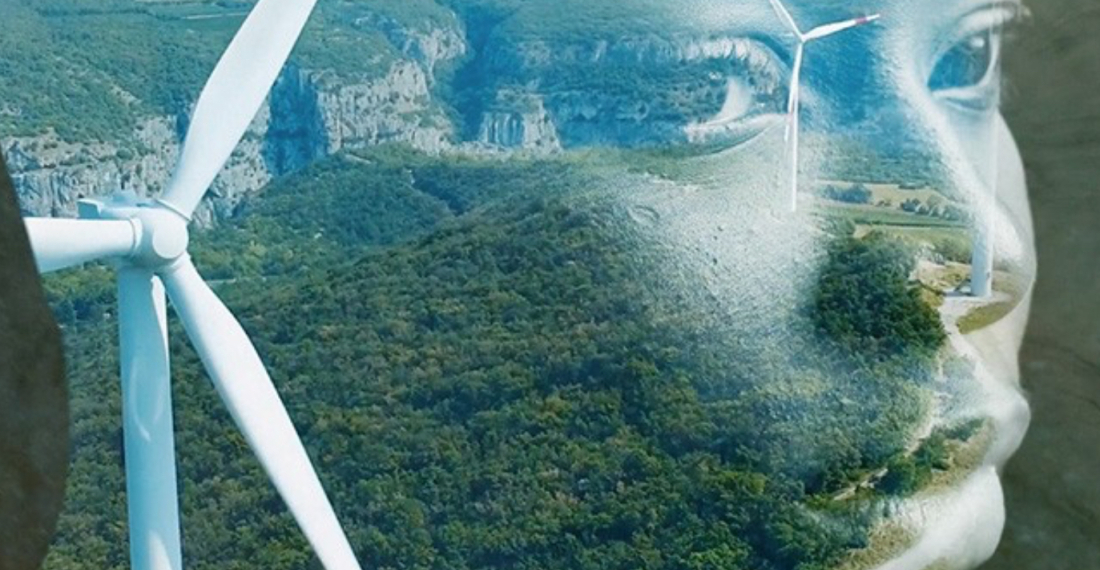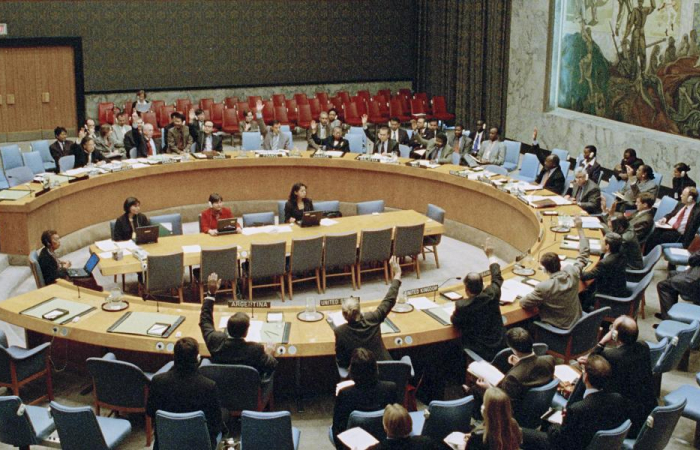A wave of right-wing sentiment is gripping the world, not least in Europe where right-wing parties that until yesterday were considered to be on the fringe of the political spectrum, are now knocking on the doors of government, if they are not in government already. It is no longer possible to dismiss this movement, nor to ignore it. The question needs to be asked why people are flocking to these parties. Migration is often cited as a reason, but whilst a factor, on its own this is not an adequate explanation.
Thousands of people, who until recently voted for the centre-left, or centre-right parties – in Europe usually associated with Social Democrats and Christian Democrats – are now supporting parties, some of who have a pedigree in fascism and nazism. Yet many who vote for far-right and populist parties are neither fascists nor nazis. They are mostly decent working people, and their families, who are disillusioned by the political class, often described as the political elite, and are in desperation seeking something different.
Donald Trump has succeeded because he understood this. In typical Trump style, he used the work of right-wing populists like Pat Buchanan and Ross Perot but designed his own brand to fit the changing national mood in the US.
In Europe, perhaps the most spectacular development has been the collapse of the social democrats, who once controlled most governments in Europe. In Germany, in the last election, they came in a humiliating third place. In some countries in Europe, they have fared worse. At first, social democrats moved to other centre-left parties, for example, the Greens, who in the last two decades re-invented themselves so they could accommodate this exodus. But they seem to have peaked, they remained too close to their original core ideas, and they are losing support.
Last week I was invited, as an alumnus of Oxford University, to participate in an interesting global event “Global Climate Summit”. The University of Oxford partnered with UN Human Rights, the Right Here, Right Now Climate Alliance, and the International Universities Climate Alliance to host the 2025 Right Here, Right Now Global Climate Summit, which brought together leading thinkers and practitioners at the intersection of climate change and human rights.
The summit lasted twenty-four hours and saw the participation of leading universities from across the world. It was an ambitious and successful effort, and the organisers should be congratulated for their endeavours. Oxford University is usually very good at mobilising its alumni to support its work, mainly fundraising. It is not so good at mobilising them in support of causes. In this regard, the Global Climate Summit was a step in the right direction. But most of the presentations were of a combative nature, and did little to widen the circle.
I was struck by a speaker from South Africa who argued for the importance of widening the appeal to a bigger audience. Speaking to the converted, especially in a language that is neither understood nor appreciated by a wider audience, is an unfortunate characteristic of those militating, justly so, for action on climate change, but is also a feature of Centrist parties in general.
There is a lesson here for centrist political parties. The liberal agenda is not dead, but it needs to be repackaged. Just repeating the old mantras just because they worked before is not going to work, neither now, nor in the future. The biggest mistake that Centrist parties can make is to try to mimic the popular right, especially on migration. Instead, if they want to succeed they must offer a credible alternative. Pope Leo XIV, in one of his early speeches this weekend did just that, of course from a Catholic perspective, which will not resonate with everyone either.
This will not be easy, but the conversation must start. In theory, a good place where it can start is the European Parliament, where the Centre still is in control, though only just. In recent years the European Parliament has become too inward-looking, and hardly the place for fresh thinking. But it has the capacity to act as the midwife to the new thinking.
The world needs a new narrative, and the quicker this emerges the better.
Source: Dr Dennis Sammut is the Director of LINKS Europe and Managing Editor of commonspace.eu.
The views expressed in opinion pieces and commentaries do not necessarily reflect the position of commonspace.eu or its partners.






